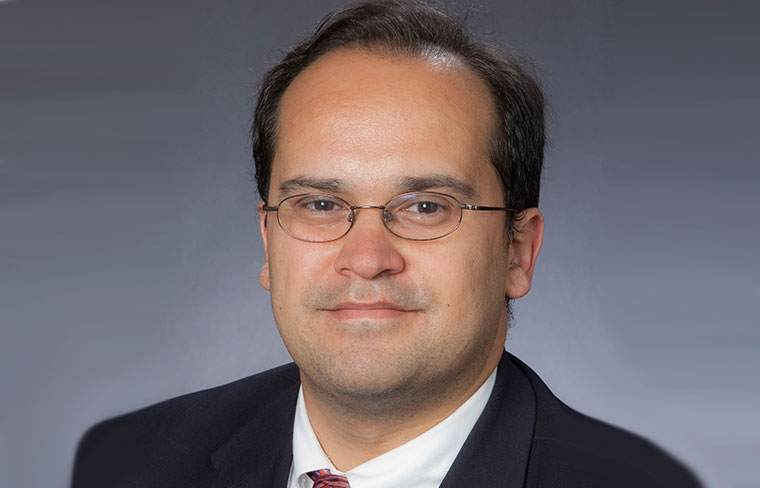
Hepatopancreatobiliary (HPB) surgery is advancing so quickly that it can be easy to forget to pause and consider the basics, such as the oncologic impact or the initial decision to operate. Surgery might be the answer, but it’s not always the only one.
“A lot of what we do in cancer is not necessarily what we can do, but what we should do,” said Flavio Rocha, MD, staff surgeon and director of research at the Virginia Mason Medical Center Digestive Disease Institute and clinical associate professor of surgery at the University of Washington, Seattle. “We can resect tumors, but the question is always, ‘Is that the right thing to do and how is surgery likely to impact overall care?’ We have to think about the biologic perspective, not just the surgical perspective.”
Dr. Rocha will moderate Monday’s SSAT and AHPBA Joint Symposium Technical and Oncological Issues in Major HPB Surgery: Back to the Basics! The session’s five presenters will discuss the finer points of HPB surgery that can take years to learn.
“We worked with the American Hepato-Pancreato-Biliary Association to assemble a panel of seasoned experts in pancreas, liver and biliary tract surgery to review the basics and focus on the operative pearls they have learned,” Dr. Rocha said. “This is a time when we can pass on information from the seasoned surgeon to the new generation.”
Perhaps the most essential pearl is that surgery is not necessarily the only option, Dr. Rocha said. In the not-so-distant past, the automatic response to cancer was almost always surgery, followed by chemotherapy, radiation therapy or both, he said. Today’s treatment approaches begin with the entire patient, which might mean chemo or radiation therapy to downstage the tumor and open a wider biologic window before surgery.
Randomized trials comparing neo-adjuvant therapy plus surgery to surgery plus adjuvant therapy are few and far between, but the field is clearly moving toward more flexible therapeutic combinations, Dr. Rocha said. At the same time, surgery still works.
“Oncologists are interested in response rates: ‘How well are tumors responding to therapy?’” he said. “Are they shrinking by 10%, 30%, 70%? With rare exception, surgery is still the only cancer therapy where you get 100% tumor response. That being said, there’s a clear role for multidisciplinary management and most surgeons are not necessarily trained in that aspect of care.”
While surgeons may delegate cancer care to medical oncologists or radiation oncologists, they must not relegate responsibility for the patient, Dr. Rocha said. “Even though we do not administer the chemotherapy or radiation, we need to know the appropriate indications for those therapies and remain involved in the cancer care,” he said.
“We need to take charge and be the quarterback, particularly if there’s suspicion of multiple masses,” Dr. Rocha continued. “I keep close tabs on patients I send to oncology and keep up with their follow-ups. The hardest thing for a surgeon to do is to not operate — that’s our comfort zone. If you operate on someone and the disease recurs within a month, chances are the lesion was there. It was just too small to be seen. It’s not a failure of the operation, it’s a failure of the decision to operate.”
Dr. Rocha urged all DDW®attendees to participate in this important discussion. Neither the surgeon, gastroenterologist nor hepatologist practices alone today, he said.
“It’s good practice to come and see what’s in the mind of the surgeon and what the thought processes are behind the decision to operate or not,” he said. “We all have different roles in the preoperative setting, the perioperative setting and even the palliative setting. This symposium incorporates the kind of multidisciplinary care that’s so much a part of DDW.”
Please refer to the DDW Mobile App or the Program & Exhibits section for the time and location of this and other DDW events.



